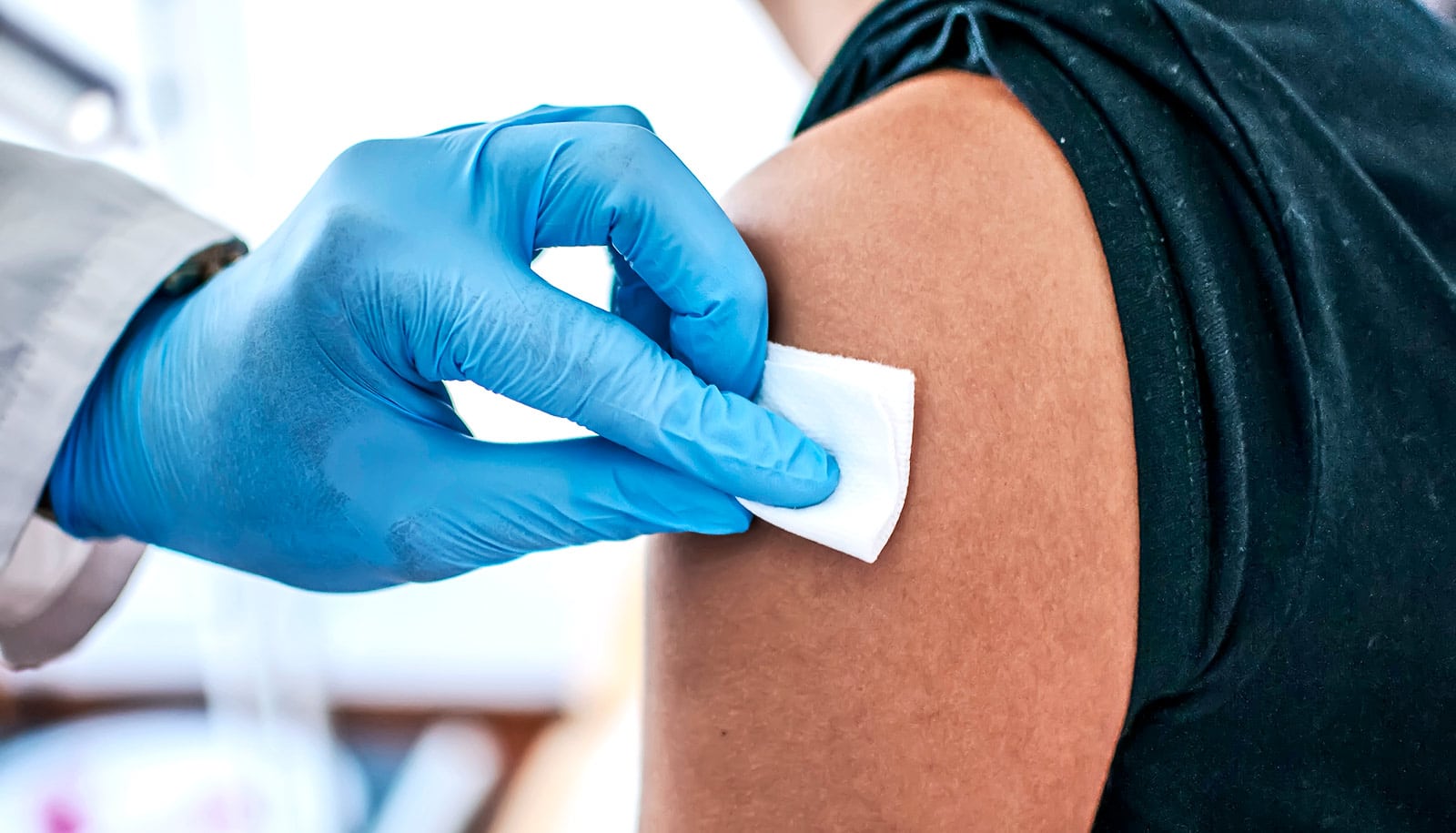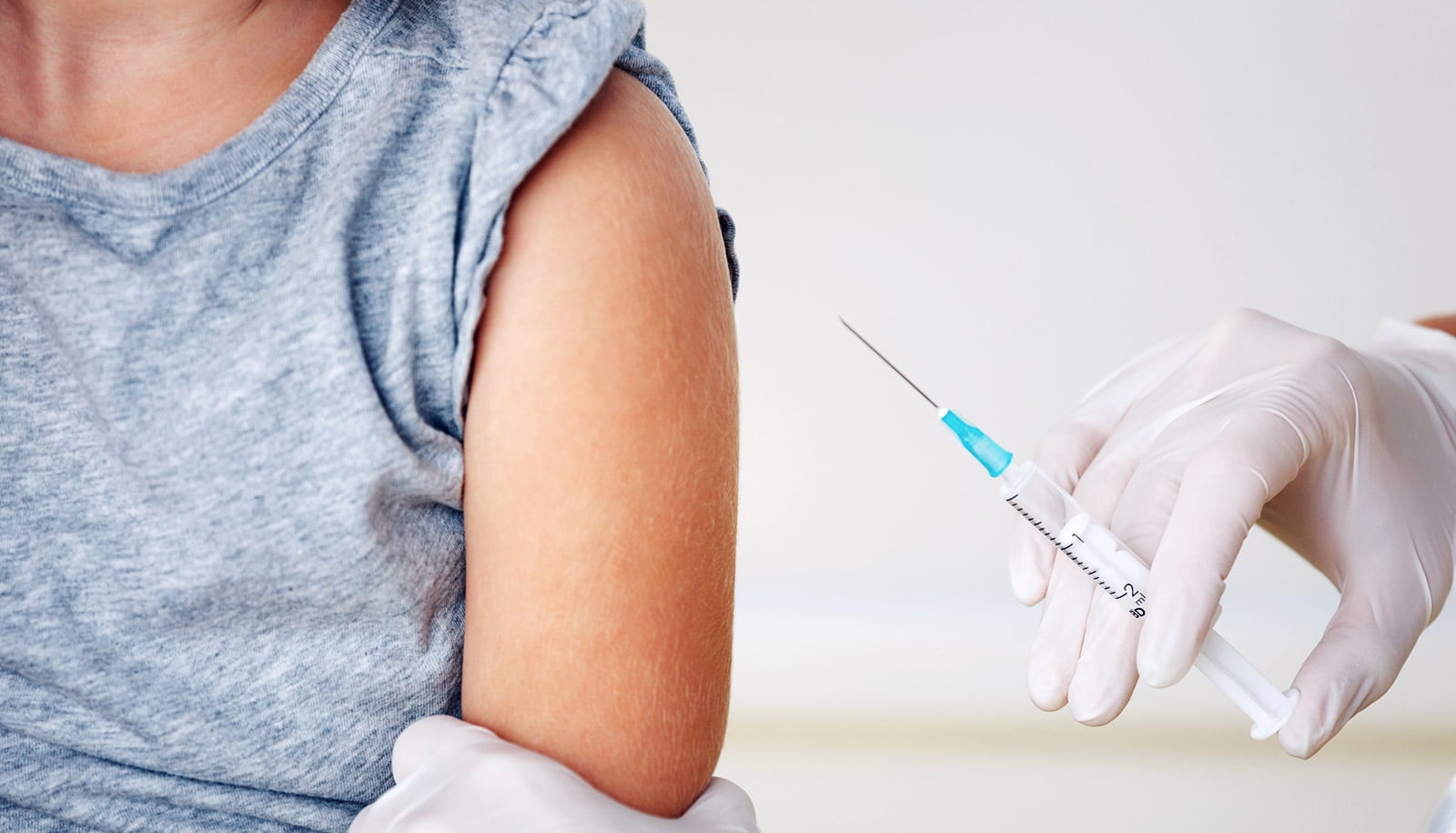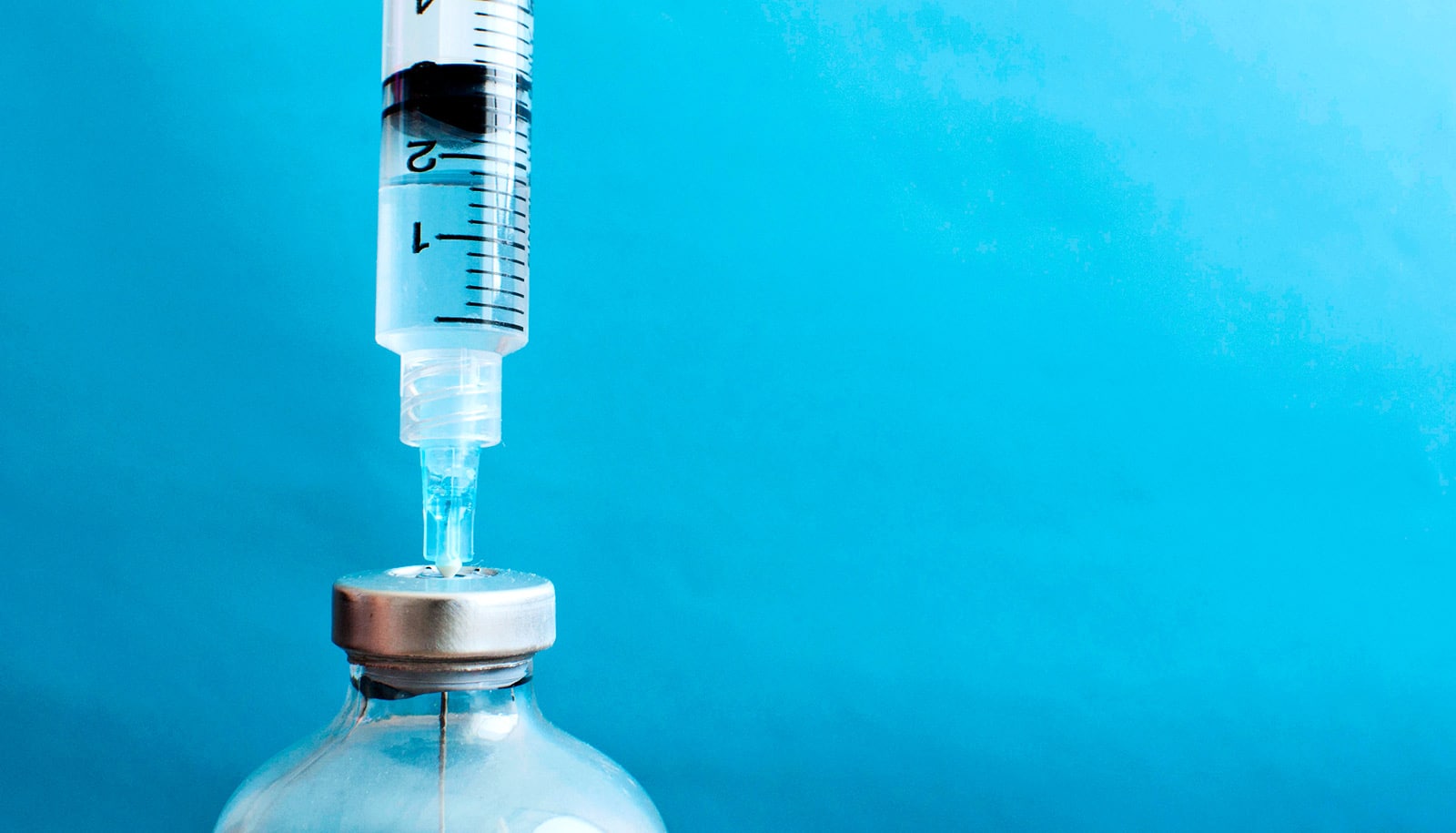Vaccinating all new college students against meningitis B may cost too much right now to justify preventing relatively few cases of the sometimes-deadly disease, according to a new study.
But a computer model researchers have developed also suggests that if vaccine developers could significantly lower the price, universal vaccination on college campuses might be worthwhile.
“Despite the poor prognosis of meningitis B infection and the fairly reasonable cost of meningitis B vaccination, the extreme rarity of this infection even amongst its peak in college-age individuals makes universal vaccination cost-ineffective,” says lead researcher Ira Leeds, a postdoctoral research fellow in surgery at the Johns Hopkins University School of Medicine.
“Vaccinating 100,000 college students, for example, would prevent less than five cases of MenB,” says Leeds. “Health care systems and public health programs do not have unlimited funds and such a small benefit makes support of universal vaccination economically untenable, even when accounting for individual, payer, and community outbreak costs, and productivity lost by society.”
The MenB vaccine is safe and effective and should remain available, Leeds and his fellow researchers say. Those at high risk because of compromised immune systems or other conditions should consider vaccination.
Meningitis B is the most common form of meningococcal infection—or bacterial meningitis—in young adults in the United States. There are about 600 to 1,000 cases a year, but the disease affects only 30 of every 100,000 US college students, according to 2017 data from the US Centers for Disease Control and Prevention. The infection is serious, however, and may cause severe inflammation of the brain and spine. Each year, about 10 to 15 percent of Americans who contract MenB die.
“Vaccines have become widely available within the past few years,” Leeds says, “but there’s very little evidence to suggest that they’re going to do much good given their high cost in a generally healthy population.”
In their report, the researchers determined the cost per quality-adjusted life year (QALY)—a standard measure of the public policy value of medical interventions—to be $13.9 million if every entering college student in the United States were vaccinated. Historic expenditures and previous research, the investigators say, assume that society is willing to pay $150,000 per QALY.
Put another way, the study suggests that universal vaccination of the college student population would be cost-effective only if a vaccine series cost less than $65; the average current price is $324, according to study authors.
The research appears in the American Journal of Preventive Medicine. The National Cancer Institute and the Republic of India supported the study.
Source: Johns Hopkins University



